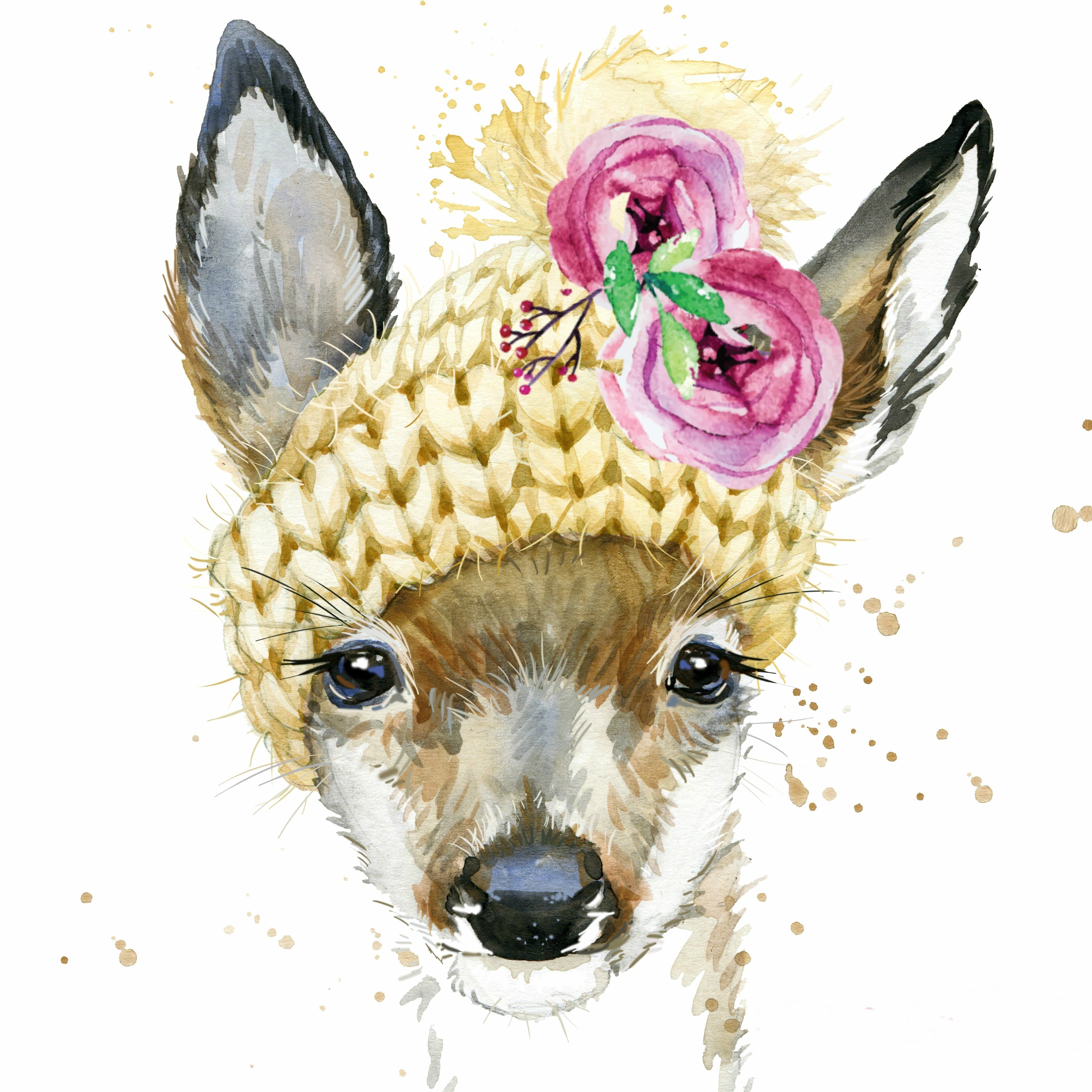Ever found yourself with a loose button and no clue how to fix it? Or maybe you’ve avoided wearing that favorite shirt because of a missing button? Don't worry, you're not alone! Sewing on a 4-hole button might seem tricky at first, but with a bit of patience and practice, you'll be a pro in no time. In this guide, we'll walk you through each step, ensuring your buttons stay secure and stylish. Let's dive in!
What You'll Need
Before we get started, gather the following materials:
- A 4-hole button
- Needle
- Thread (matching the fabric color)
- Scissors
- A toothpick or matchstick (optional but helpful)
- A piece of chalk or fabric marker (optional)
Step-by-Step Guide
1. Thread the Needle
First things first, cut a piece of thread about 18-24 inches long. Thread the needle and pull the thread through until the ends meet. Tie a knot at the end of the thread. If threading the needle is tough, try wetting the end of the thread or using a needle threader.
2. Position the Button
Place the button on the fabric where you want it sewn. If you’re replacing a button, check for any existing thread marks or holes to guide you. You can use a piece of chalk or a fabric marker to mark the spots where the button will go.
3. Start Sewing
Push the needle up through the fabric from the underside to the top. Pull the thread through until the knot catches on the underside.
4. Sew the First Pair of Holes
Decide on your stitching pattern. The two most common are the crisscross (X) pattern and the parallel (||) pattern. For the crisscross pattern, start by sewing diagonally across from one hole to its opposite. Insert the needle down through the top of the button into the fabric.
5. Create the Shank
To ensure your button has enough room for the fabric to sit comfortably underneath, insert a toothpick or matchstick between the button and the fabric. Continue sewing over this to create a small gap, known as a shank, between the button and the fabric.
6. Sew the Other Pair of Holes
For the crisscross pattern, move to the remaining pair of holes and repeat the process, sewing diagonally. For the parallel pattern, simply sew straight across to the opposite hole.
7. Secure the Button
After sewing through each pair of holes 3-4 times, remove the toothpick or matchstick. Insert the needle under the button and wind the thread around the stitches between the button and fabric a few times to form a secure shank. This helps to keep the button tight but allows a bit of give for the fabric.
8. Finish Up
Push the needle back through to the underside of the fabric. Make a small knot close to the fabric to secure the thread. For added security, you can make a couple more knots. Finally, cut the thread close to the knot to finish.
Tips and Tricks
- Use Double Thread: For extra strength, use a double thread instead of a single one.
- Match Your Thread: Choose a thread color that closely matches your fabric for a seamless look.
- Practice on Scraps: If you’re new to sewing, practice on fabric scraps before tackling your garment.
FAQs
Q: How do I keep the button from wobbling?
A: Ensure you’re pulling the thread tight enough and creating a shank with a toothpick or matchstick to keep the button stable.
Q: What if my thread keeps tangling?
A: Try using a shorter length of thread or a thread conditioner to prevent tangles.
Q: Can I use the same method for different types of buttons?
A: Absolutely! While the number of holes may vary, the basic principles of sewing on a button remain the same.
And there you have it! With this step-by-step guide, you should be well on your way to mastering the art of sewing on a 4-hole button. It’s a handy skill that can save you time and money, not to mention the satisfaction of doing it yourself. So, next time you notice a loose button, grab your sewing kit and tackle the task with confidence!
You might also enjoy reading these blogs for more inspiration and sewing projects.
Click here to explore our collection of fancy buttons.




